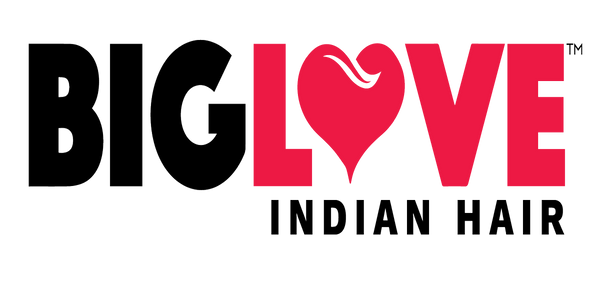The hair industry has seen exponential growth in recent years, with a high demand for human hair extensions and wigs. India, known for its rich cultural heritage and religious practices, has become a prominent source of human hair. However, it is crucial to ensure that ethical sourcing practices are followed to protect the well-being of the individuals involved. In this article, we explore the significance of ethical sourcing in the Indian hair industry and the steps taken to ensure responsible practices.
Understanding Ethical Sourcing
Ethical sourcing in the context of the hair industry refers to the responsible and sustainable procurement of human hair. It encompasses fair treatment of donors, transparency in the sourcing process, and environmentally conscious practices. Ethical sourcing aims to uphold the rights and well-being of individuals involved in hair collection, processing, and distribution.
Ensuring Ethical Practices in the Indian Hair Industry
-
Voluntary Donations: Ethical sourcing starts with ensuring that the hair collected in India is acquired voluntarily. Hair is predominantly sourced from temples, where devotees offer their hair as a religious sacrifice or fulfill vows. Donors should have full awareness and consent regarding the use of their hair.
-
Fair Compensation: Donors should be fairly compensated for their hair. Temples or hair collectors should provide monetary or non-monetary benefits to the individuals who willingly contribute their hair. This ensures that donors are not exploited and their sacrifice is recognized and respected.
-
Hygienic and Safe Collection: Ethical sourcing necessitates maintaining hygienic and safe practices during the hair collection process. Proper sanitation and cleanliness protocols should be followed to minimize the risk of infections or health issues for both donors and workers involved.
-
Transparent Supply Chain: Transparency is crucial in ethical sourcing. Hair vendors and manufacturers should provide clear information about the origin of the hair, including the temple or region it was sourced from. Transparency helps build trust and allows customers to make informed choices.
-
Fair Trade Practices: Emphasizing fair trade principles ensures that all individuals involved in the hair supply chain, from collectors to manufacturers, are treated fairly and receive just compensation for their work. Fair trade practices promote social and economic empowerment, helping to uplift communities.
-
Environmental Sustainability: Ethical sourcing includes environmentally responsible practices. This involves minimizing waste, adopting eco-friendly processing methods, and promoting sustainable packaging. Manufacturers should strive to reduce their carbon footprint and prioritize eco-conscious choices.
-
Ethical Manufacturing: Ethical sourcing extends beyond the initial collection of hair. Manufacturers should follow responsible practices during the processing and manufacturing stages. This includes fair labor practices, safe working conditions, and compliance with relevant labor laws.
All of BigLove Indian Hair products are guaranteed to be made only from Ethically Sourced Human Indian Hair.
Summary
The ethical sourcing of human hair in the Indian hair industry is of paramount importance. Responsible practices not only safeguard the well-being of donors and workers but also ensure transparency and sustainability throughout the supply chain. By promoting ethical sourcing, we can support the growth of a responsible hair industry that respects the rights and dignity of all individuals involved. As consumers, it is essential to prioritize brands and vendors that uphold ethical standards, making conscious choices that contribute to positive change in the industry.

